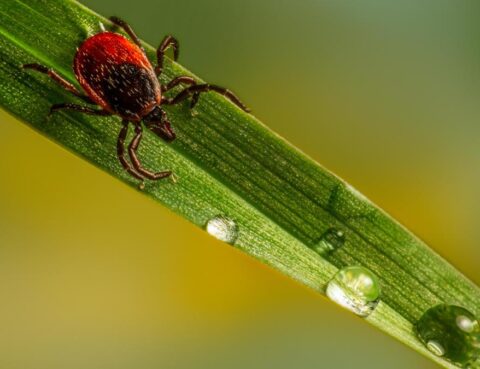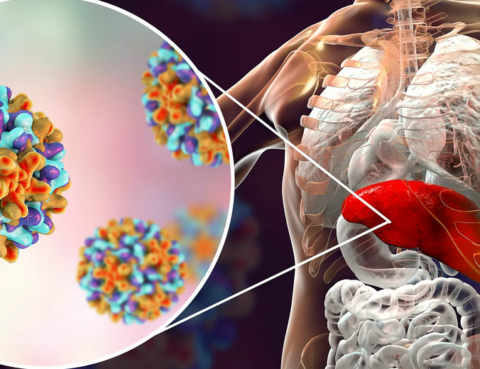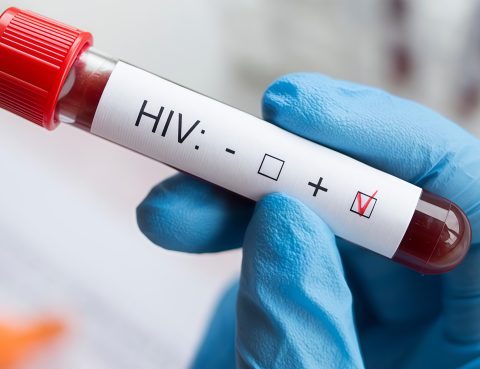
Medical examination is a set of medical services provided for the purposes of medical prevention, promotion of a healthy lifestyle, education of citizens’ responsibility for their health, identification of symptoms and signs of precancerous and tumor diseases, detection of non-communicable diseases at early stages, and determination of groups for medical observation. The main objective of…

How to protect against arthropods and prevent diseases of tick-borne infections? Most effective implementation of sanitary and preventive measures: cleaning of dried grass, removal of leaves and walrus, clearing of shrubs, cleaning of dumps and mounds in the yard areas, summer plots, systematic measures to combat rodents, Treatment of areas against ticks. It is necessary…

Donation is an exceptional opportunity to give your blood to a stranger who needs it to save life! The only source of donor blood is a person! There is always a need for blood and its components, every day and every hour. What our regular donors give today is no longer enough. However, the blood…

How to protect against arthropods and prevent diseases of tick-borne infections? Most effective implementation of sanitary and preventive measures: cleaning of dried grass, removal of leaves and walrus, clearing of shrubs, cleaning of dumps and mounds in the yard areas, summer plots, systematic measures to combat rodents, Treatment of areas against ticks. It is necessary…

Hepatitis is an acute or chronic inflammation of the liver due to various factors: autoimmune and infectious processes, toxic substances such as alcohol, tobacco, drugs, and which ends in cirrhosis or liver cancer. There are 5 main hepatitis viruses, called types A, B, C, D and E. General symptoms are intoxication, pain in the right…

Many people do not consider a runny nose, cough, and even a slight increase in temperature to be a serious ailment. However, a person who sneezes and coughs not only worsens his condition by ignoring doctors’ advice to remain calm, but also risks infecting his colleagues with the flu. Respiratory etiquette or a set of…

In order not to catch an intestinal infection and viral hepatitis A and E, everyone should know and follow certain rules: maintain cleanliness; separate raw from cooked; fry or boil foods well; store food at a safe temperature; choose fresh and unspoiled foods. The causative agents of intestinal infections and viral hepatitis enter the human…

Oral diseases not only affect the condition of teeth and gums, but can also contribute to serious systemic disorders. To avoid serious pathologies that require long-term treatment, it is necessary to take a set of preventive measures. There is no doubt that the effectiveness of preventive measures largely depends on the patient’s interest, since proper…

Whooping cough. Memo for parents Whooping cough is an acute infectious disease characterized by a long course, characterized by severe coughing attacks. It is classified as a childhood infection because children between 1 and 7 years of age are most susceptible to it. A distinctive sign of the disease is a spasmodic cough. The mechanism…

